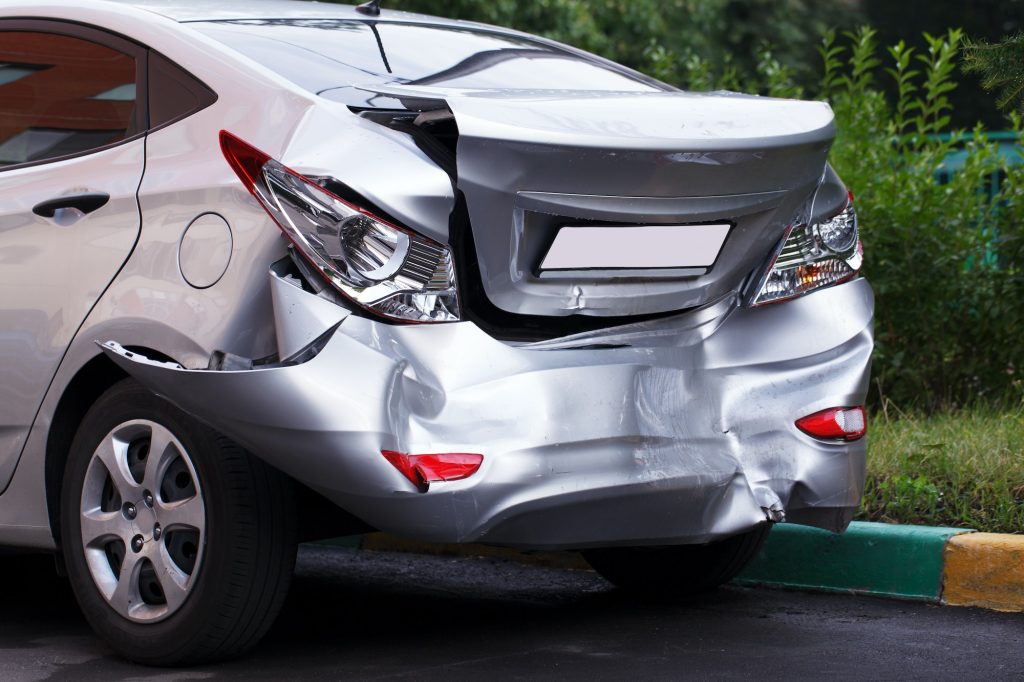Introduction
The automobile wrecking industry is one of the essential industries in the world. It is responsible for recycling over 80% of the vehicles scrapped yearly. The sector also helps to reduce the amount of pollution that is created by manufacturing new vehicles.
The recycling of vehicles helps to conserve resources and save energy. It takes less energy to recycle a vehicle than to create a new one. Recycling also helps to reduce the amount of pollution that is created by manufacturing new vehicles.
The automobile wrecking industry is a critical part of the effort to protect the environment. It is an industry that is essential to the health of the planet.
What is Wrecking?
Wrecking is the process of dismantling, disassembling and recycling the parts of cars that can no longer be used in transportation. It involves separating the parts that can be recycled or salvaged and those that cannot get the most out of the scrap materials. Wreckers use special tools and methods to carefully extract the materials that can be reused and kept in good condition. This process helps reduce the need for new auto parts and materials and lessens the strain on landfill sites. The automobile wrecking industry also helps limit the number of greenhouse gases emitted. Because fewer new parts and materials are required, so the fuel needed to transport these items is drastically reduced. Additionally, recycling automotive materials produces fewer air pollutants than traditional fossil fuel-burning activities.


The Benefits of Wrecking
One of the main benefits of wrecking is that it helps to reduce the amount of landfill waste. Recycling materials, such as metal and glass, benefits the environment. It prevents these materials from piling up in landfills, which can take centuries to decompose. This also reduces the burden on landfills, which are already overwhelmed. Another benefit of wrecking is that it can provide a source of affordable auto parts. By reusing components and refurbishing them where possible, wreckers can provide access to reliable and affordable auto parts unavailable elsewhere. This can be extremely helpful for cash-strapped consumers looking to repair or maintain their vehicles.
Wrecking and the Environment
In addition to helping to reduce the amount of landfill waste, the automobile wrecking industry also helps to limit the amount of water and energy used in the production of new vehicles. By reusing and recycling vehicles that have been damaged, the industry helps to conserve resources and save energy. Reducing fuel used to produce new parts and materials also eliminates pollution that would otherwise be created in manufacturing new vehicles. The automobile wrecking industry is also an important part of sustainable development. It helps to create jobs in rural and urban areas and provides income for entire communities. This helps to create better living conditions and generate economic opportunities for those in the regions.
How You Can Help?
There are many ways that you can help the automobile wrecking industry to protect the environment. First, you can ensure to dispose of your car correctly when it ends its life. Ensure it is sent to a licensed wrecking yard, where it will be dismantled and recycled in an environmentally friendly way. You can also support wreckers by using their products and services when purchasing auto parts or repairing your vehicle. Supporting these local businesses will help to ensure that the industry continues to thrive and helps to protect the environment.
Conclusion
The automobile wrecking industry is an essential part of the effort to protect the environment. We must support and promote the industry to ensure its success. By properly disposing of our vehicles at the end of their life, supporting wreckers, and using their services and products, we can help to reduce the amount of pollution created by traditional manufacturing practices. We can also create jobs, reduce landfill waste, and conserve resources and energy. Together, we can work to create a more sustainable world.



